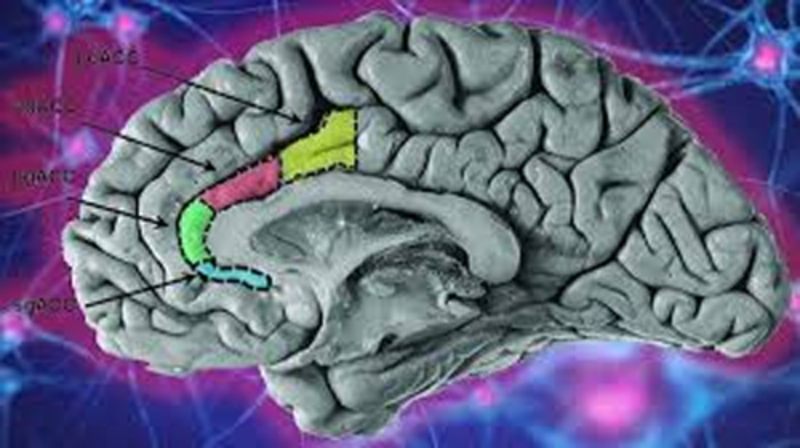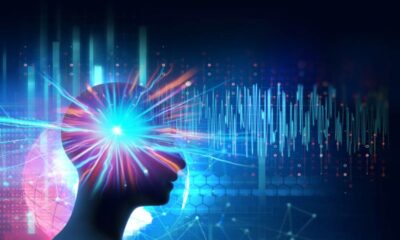Researchers from one of the founding hospitals of the Mass General Brigham healthcare system, Brigham and Women’s Hospital, have found evidence of a shared brain network between heart rate deceleration and sorrow in a recent study.
Researchers observed that transcranial magnetic stimulation (TMS), which stimulates specific brain regions linked to depression, also changed heart rate by examining data from 14 people who did not exhibit depressive symptoms. According to this research, doctors might be able to focus on particular areas without having to perform costly and infrequent brain scans.
The researcher set out to find strategies to specifically slow down heart rate and pinpoint each person’s optimal location for brain stimulation in order to optimize TMS treatment and dosage.
Senior author Shan Siddiqi, MD, of the Center for Brain Circuit Therapeutics and the Brigham’s Department of Psychiatry, stated, “The concept originated at a symposium in Croatia when researchers from the Netherlands presented heart-brain coupling evidence. It was demonstrated that TMS can momentarily decrease heart rate and matter where stimulation occurs.
“The most exciting part of the study for him is the potential to give the rest of the world easier access to this precision-targeted treatment for depression. We can do so many things with the advanced technology available here in Boston to help people with their symptoms. But some of those things couldn’t easily get to the rest of the world before.”
Researchers identified regions in the brains of 14 participants based on their FMRI images. Based on earlier research on connectedness and depression, these locations were thought to be the best places to treat depression.
Ten “connected areas,” or ideal and non-optimal locations, were found in each participant’s brain to be useful in the treatment of depression. Scientists then investigated how activating each site affected heart rate.
Eva Dijkstra, MSc, lead author, said, “We wanted to see if there would be mostly heart-brain coupling in the connected areas. For 12 out of 14 usable data sets, we found we would have a very high accuracy of defining an area connected by just measuring heart rate during brain stimulation.”
The discovery may help customize TMS therapy for the treatment of depression by locating a specific treatment site in the brain. Furthermore, treatment may be made easier if an MRI is not necessary beforehand.
According to Siddiqi, the results of this study could also be utilized in the development of therapies that emergency physicians and cardiologists would find helpful in the future.

 Diabetology2 weeks ago
Diabetology2 weeks ago
 Diabetology2 weeks ago
Diabetology2 weeks ago
 Diabetology1 week ago
Diabetology1 week ago
 Diabetology1 week ago
Diabetology1 week ago
 Diabetology1 week ago
Diabetology1 week ago
 Diabetology2 weeks ago
Diabetology2 weeks ago
 Diabetology1 week ago
Diabetology1 week ago
 Diabetology2 weeks ago
Diabetology2 weeks ago


















